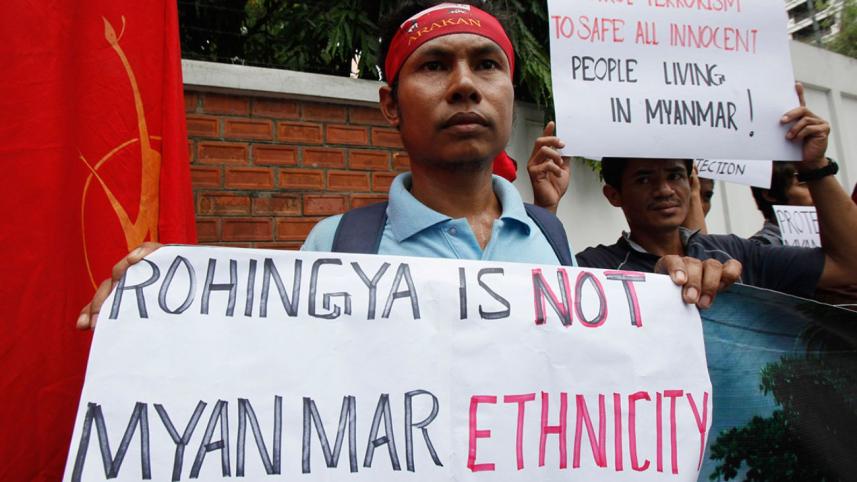Annan Commission recommendation

So far the government of Myanmar has remained steadfastly unamenable to world opinion, muted that might have been, or to the calls of Bangladesh for a just resolution of the issue of the Muslim minorities of its Rakhine State. Regrettably, Bangladesh has been bearing the brunt of Myanmar policies in this regard for the last four decades starting with the influx caused by 'Operation King Dragon' in 1978. There have been regular inflow of the persecuted Muslims from the Rakhine State in recent times, spiked up last year in October when nearly 75,000 were forced to flee their homeland to escape the violence perpetrated by the Myanmar State forces and seek refuge in Bangladesh. UN probe missions and humanitarian aid and the media have so far been barred from entering the state.
Now that the Rakhine Advisory Commission, headed by former UNSG Kofi Annan, formed by the government of Myanmar, has suggested several measures for a "peaceful, fair and prosperous future for the people of Rakhine"the Myanmar government should heed the recommendations, as it said it would when the Commission was formed.
The crux of the problem, the citizenship law, must be changed to correct the gross injustice on the Rohingyas when they were disfranchised as citizen of that country in 1982. The more than a million Rohingyas are perhaps the most persecuted and vulnerable stateless people in the world. And, apart from the disruptions in the socio-economic life of the locals in Cox's Bazar and the economic pressure it has created for Bangladesh, the extremists find in the Rohingyas a good source of recruitment.
The Myanmar government should implement the four major recommendations of the Commission immediately and create the enabling conditions as suggested in the report for an equitable and permanent resolution of the matter. Excessive force is counterproductive. And letting the problem simmer would have very serious consequences for both the countries.



 For all latest news, follow The Daily Star's Google News channel.
For all latest news, follow The Daily Star's Google News channel.